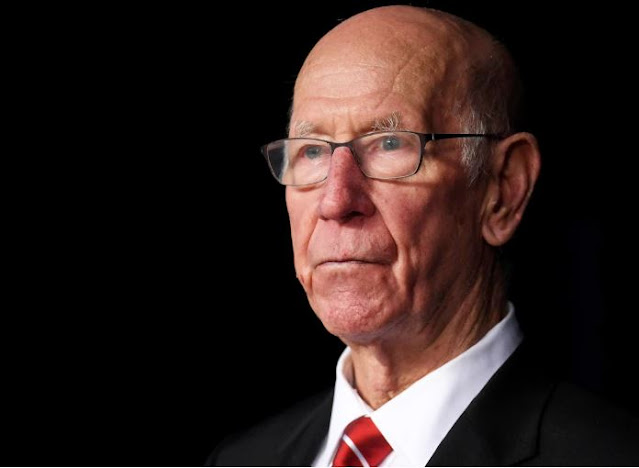Expelled Afghan Refugees Confront Chaos at Pakistan Border: Searching for a Way Home
Expelled Afghan Refugees Confront Chaos at Pakistan Border: Searching for a Way Home
| Afghan Refugees and Migrants at Pakistan's Tokham Border Crossing |
In a dire situation at the Pakistan-Afghanistan border, nearly 1.7 million undocumented Afghan refugees have been ordered to leave Pakistan by Wednesday, while "holding centers" have been established across the country. This mass expulsion has left countless Afghans like Syed Muhammed grappling with uncertainty and desperation.
Muhammed, who carries a prescription for his ailing mother, wonders, "What use do I have for this paper? There is no market here. I don't have any money. Where do I get the medicine for my mother now?"
These refugees and migrants have mainly converged at the Torkham border crossing in northwestern Pakistan's Khyber Pakhtunkhwa province, where exit formalities are causing extensive queues and suffering due to a lack of shelter. Fears of a government crackdown loom over those who remain in Pakistan.
It's important to note that over four million foreigners live in Pakistan, with a vast majority being Afghan nationals seeking refuge over the past four decades. This exodus began with the 1979 Soviet invasion of Afghanistan and continued through various conflicts and takeovers.
For refugees like Azeemullah Mohmand, their lives have been uprooted, and returning to Afghanistan is a daunting prospect due to the long-standing conflict and economic turmoil. He laments, "I have no money, no roof. Where do I go back to?"
The eviction drive and the lack of facilities at the border crossing have angered the returning Afghans, who question why they are subjected to further humiliation when they are already being expelled.
Agha, who spent more than five years in Pakistan, expressed the frustration of many, saying, "They are already kicking us out, so why do they even have to make us wait in queues and humiliate us even more? Just let us go now."
Sardarullah, an Afghan laborer, also complains about the lack of privacy for women and children, stating, "We are sitting here out in the open with no shelter, no place to go for a washroom, no place to sit properly."
Despite the challenges, officials overseeing the deportation process are trying to provide better facilities, including portable toilets and tents for shelter. However, rights groups have criticized Pakistan's decision to deport Afghan refugees and called for Islamabad to reverse its stance.
Amnesty International urges Pakistan to meet its international legal obligations and stop the crackdown on Afghan refugees, emphasizing the risk of rendering families homeless and separated during harsh winter months.
Human Rights Watch points out that the situation in Afghanistan remains dangerous for those who fled, and deportation exposes them to significant security risks, including threats to their lives and wellbeing.






